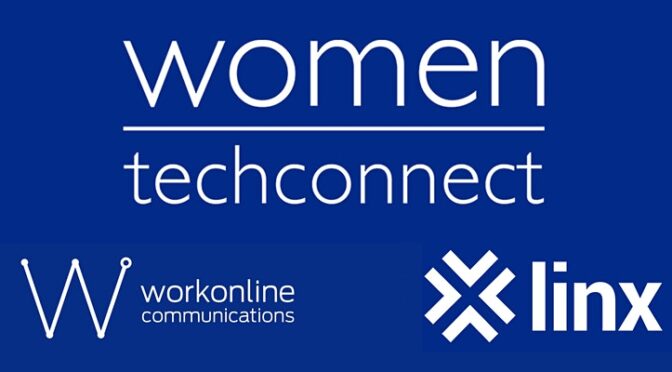The meaning of the office after COVID-19
In March 2020, the Coronavirus (COVID-19) pandemic caused a global lockdown, with many companies forced to work from home. For many women and men, it was a new challenge of juggling work and home commitments.
Work from home (WFH) has become the new normal, but it has raised questions on the meaning of the office and productivity. Should one clock in and out of a physical space to be considered working? Should organizations change their work culture and embrace remote work? What should be done to encourage social interactions between colleagues?
This was discussed at the Women in Tech Connect as part of the Virtual Peering Series-Africa, a collection of online events that highlights and analyzes key issues and discuss recent developments in Africa’s Internet ecosystem. The Women in Tech Connect initiative was launched in 2018 from a partnership between Workonline Communications, one of the largest Internet Protocol (IP) transit networks in Africa, the London Internet Exchange (LINX) and the African Peering and Interconnection Forum (AfPIF). It became a valuable networking, interaction and discussion arena to promote positive change for women working in the ICT workplace.
Working from Home or Living at Work?
The first part of the discussions focused on the new work environment. For most people working in Africa, working from home was a tough balance between responsibilities and work; finding the balance to be productive, even with home responsibilities. With kids out of school, it was the responsibility of parents to homeschool the children and still deliver at the office.
Time management emerged as an issue. For many, there is the tendency to extend working hours, while once in the office, they are able to stop at 5 pm or 6 pm. With remote working, it emerged that some people can overextend hours to prove that they are still productive.
The extended working hours and the isolation raised social interaction concerns. Some companies had to make arrangements for teams to meet physically and discuss while for others, meetings were to enhance mental health.
For the majority of people in the region, power cuts and erratic Internet connectivity was a major hindrance to productivity and performance. Many countries have unstable power and some companies had to support employees to find alternative power solutions and ensured they had access to strong and stable broadband Internet.
Will Africa go back to the physical office?
Many people feel that remote work will be incorporated into the normal office expectations; few days in the office, and other days remote; can be a cafe, park or any place with stable Internet connection. Giving life to a new definition of Work from Anywhere (WFA).
Effect on Management and Leadership
The second topic dwelt on leadership styles and how the pandemic has forced many managers to change. Micromanagers have been forced to trust their teams to be productive while emotional intelligence has emerged as a key skill that managers must have to be successful at coordinating teams. Emotional Intelligence is a skill that enables leaders to develop a better understanding of their team by learning how to manage their own feelings and that of others around them when delegating tasks and sharing information. It strengthens team building, productivity and inspires teams.
Empathy and compassion will also have to be visible in the way products and services are developed and marketed, given that many people have lost their jobs, businesses and sources of income, and will be looking for companies that provide value and understand the situation.
Globally, countries led by women have responded better to the COVID-19 crisis, and empathy and compassion has been a key ingredient in their leadership style. These countries include Germany, New Zealand, and Finland.
